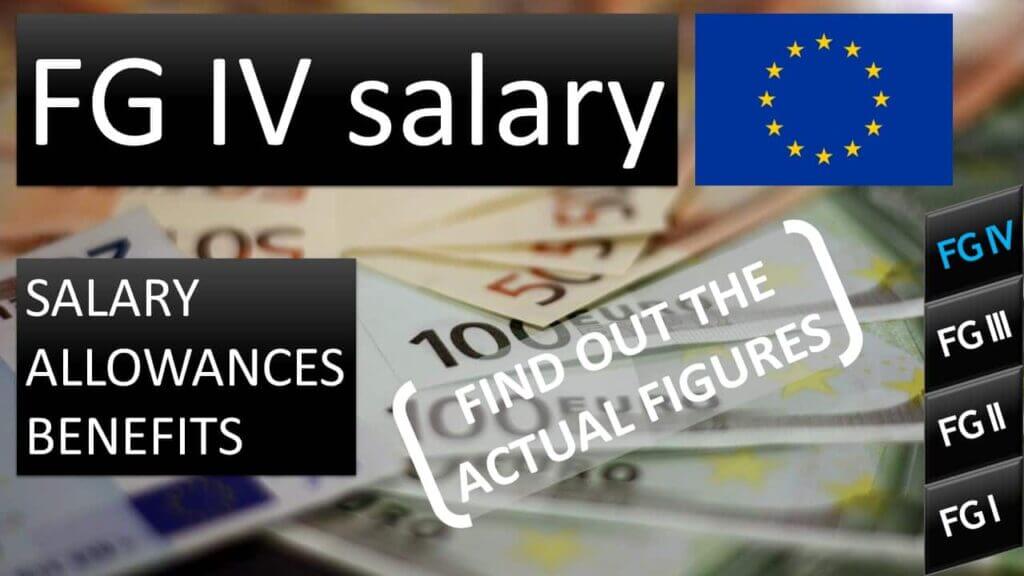Reclassification of EU institutions’ staff refers to the administrative process through which the grade of an EU staff member is increased. Reclassification is the de facto promotion of EU institutions’ staff.
This process is typically done as part of the annual appraisal exercise and is based on an assessment of the individual’s performance, experience, responsibilities, and the fulfillment of certain criteria over time.
‘Reclassification’ is the main way how staff in EU institutions can be promoted and their work recognized. In contrast to the private sector, there are strict rules governing the procedure.
Reclassification usually results in a staff member being promoted to a higher grade within their employment category (Administrator, Assistant, Contract Agent), which usually translates to increased responsibilities and, importantly, a higher salary.
As an example, an Administrator in grade AD5 could be reclassified to Grade AD6, increasing the person’s basic salary from EUR 5973,44 to EUR 6758,53. A Contract agent in grade FG 14 would usually be reclassified to grade FG 15, increasing the person’s basic salary from EUR 4887,55 to EUR 5529,97.
By default, EU institutions’ staff advance one step in the salary grid every two years. This increases one’s monthly salary by around 100-200 EUR per month permanently. Reclassification is a way for managers to reward stellar performance of a limited amount of staff members and brings with it a higher pay increase.





Hi, I am looking for insight from people who are familiar with EU agencies recruitment practices. I’m currently am on…